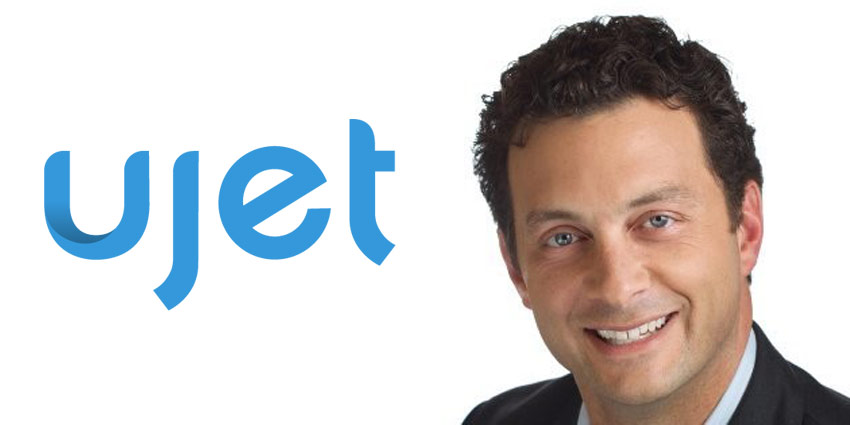In November 2019, San Francisco-based UJET Inc., a mobile-first customer support communications provider snagged the first of what was to become three of Cisco’s top executives. Vasili Triant (pictured, above), now former Vice President and General Manager, Customer Care, is UJET’s new Chief Business Officer. Before joining Cisco, Triant served as CEO of Serenova. He also worked with ShoreTel, a company acquired by Mitel in 2017. And in November 2019, Triant accepted a short-term stint as a ‘strategic advisor’ at TalkDesk.
A UJET spokesperson told UC Today in a statement, the firm hired Triant to drive development, adding:
“We hired Triant to drive partnerships, investments, and the firm’s global alliances, too. He’ll work with the company’s Founder and CEO, Anand Janefalkar, and recently-appointed Chief Revenue Officer, Darcey Harrison, to further accelerate growth as well as market penetration”
In March 2020, Cisco racked up a record 14 billion meeting minutes, more than double what it saw in February. This is around the same time Cisco lost two more high-ranking executives, Amy Chang and David Goeckeler. Cisco Collaboration’s Amy Chang left the collaboration business, and David Goeckeler said goodbye to his post as Cisco’s Head of Security and Networking, joining Western Digital as its new CEO.
We reached out to Cisco, and the company told us: “David Goeckeler took on his new role as CEO at Western Digital in March 2020 and we are grateful for his leadership and for delivering incredible innovation at Cisco. We look forward to welcoming Amy back to the team following a temporary leave of absence.”
Western Digital is a driving force in the world of data storage, a company that brought in nearly $17 billion in revenue in 2019, according its financial filings. Goeckeler was previously responsible for Cisco’s $34 billion networking and security division, and replaced Steve Milligan who announced his retirement from Western Digital in November. Todd Nightingale, Goeckeler’s successor at Cisco’s spent the better half of a decade with the company.
 More recently, Cisco extended a $2.5 billion line of credit to keep companies afloat, allowing enterprises to defer up to 95 percent of their payments until next January. Cisco’s also a part of a larger trend of unified communications and collaboration companies giving away its collaboration and contact center software to enable remote working in the COVID-19 era.
More recently, Cisco extended a $2.5 billion line of credit to keep companies afloat, allowing enterprises to defer up to 95 percent of their payments until next January. Cisco’s also a part of a larger trend of unified communications and collaboration companies giving away its collaboration and contact center software to enable remote working in the COVID-19 era.
Right in the thick of COVID-19, and a unique period in the continuum known as digital transformation, Cisco and other collaboration giants are experiencing massive growth thanks to the novel Coronavirus. Cisco also recently launched a quick-set-up contact center, one capable of deployment in five days and hosting up to 1,000 remote working agents. All this, as COVID-19 fears heighten, and mass gatherings are seen as increasingly hazardous.
A Cisco spokesperson told UC Today, the collaboration software developer hosted nearly the entire population of the United States on its Webex platform, reporting 324 million Webex users in March. Cisco saw close to 240,000 new online sign-ups in one day in March, as well as hosted over four million meetings, more than twice the average on a peak day before the outbreak.







